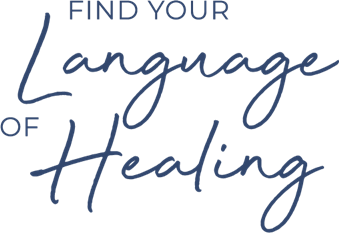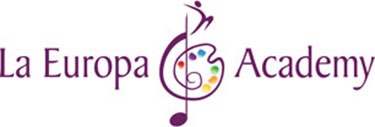Coverage of residential treatment is now mandated by most state and federal laws. Most insurance companies require pre-authorization. They will pre-authorize if they consider a treatment program medically necessary. If an insurance company authorizes coverage, they typically do so in 3-7 day increments. After this initial period, the insurance company will request additional clinical information to authorize additional days. Once an insurance company determines that a student no longer meets their definition of medical necessity, it is likely they will deny authorization for the full daily rate of residential treatment. When the insurance company will no longer authorize the daily rate, some insurance companies will continue to pay for individual, family, and group therapy sessions. If a denial occurs at any stage of your claims, the insurance billing company will attempt to assist you with an appeal. Because the CERTS Programs are not a provider on any insurance, most insurance companies might reimburse at an out-of-network percentage of our posted daily rate.
We work with our third-party insurance billing company. This company will provide all insurance services including authorizations, utilization reviews, and billing for all authorized days to your insurance carrier. If a denial occurs at any stage, the insurance advocacy company can also assist in an appeal if you choose to do so. If eligibility for residential treatment is established, you should provide all needed information as promptly as possible and work closely with our billing company throughout the process. CERTS Group will make our clinical records available to assist them in the process of continuing authorization, utilization review, and submitting claims.
Every insurance plan is different. It is important to familiarize yourself with your plan and the exclusionary criteria. Once an insurance carrier will no longer authorize the daily rate, our insurance billing company can continue to submit claims for individual, family, and group therapy sessions. We do have families who receive benefits for their child’s care but it takes time and diligence. Our Clinical team strives to provide the necessary documentation to potentially defeat insurance denial. Getting insurance funds is a team effort!





















